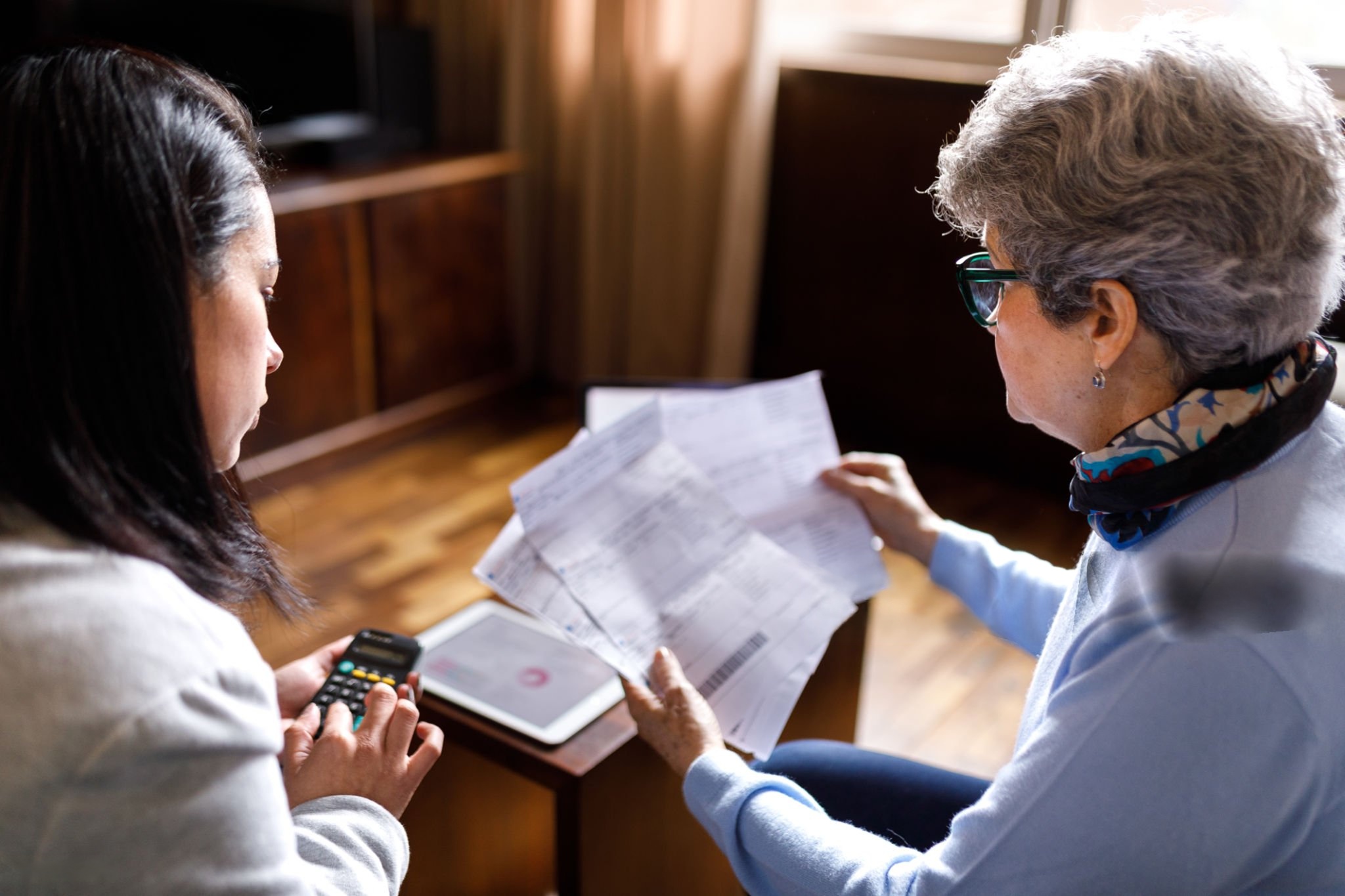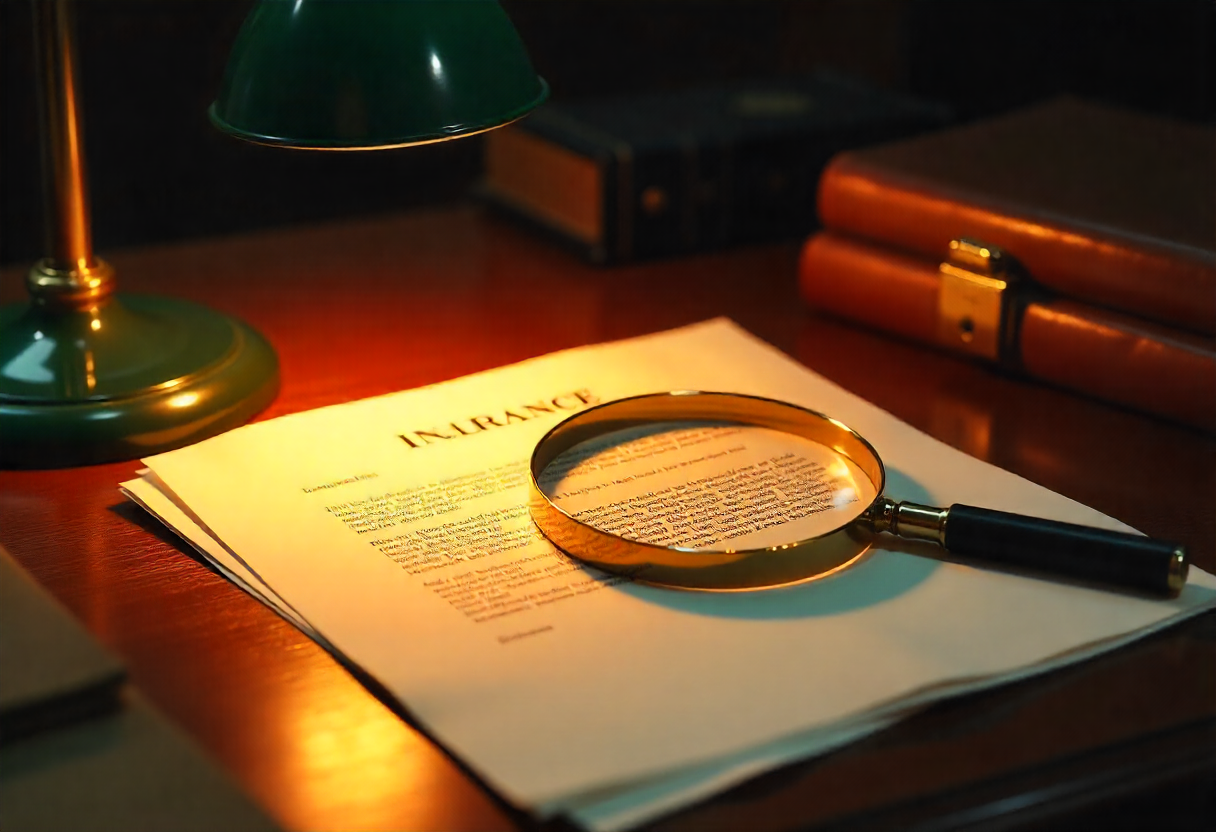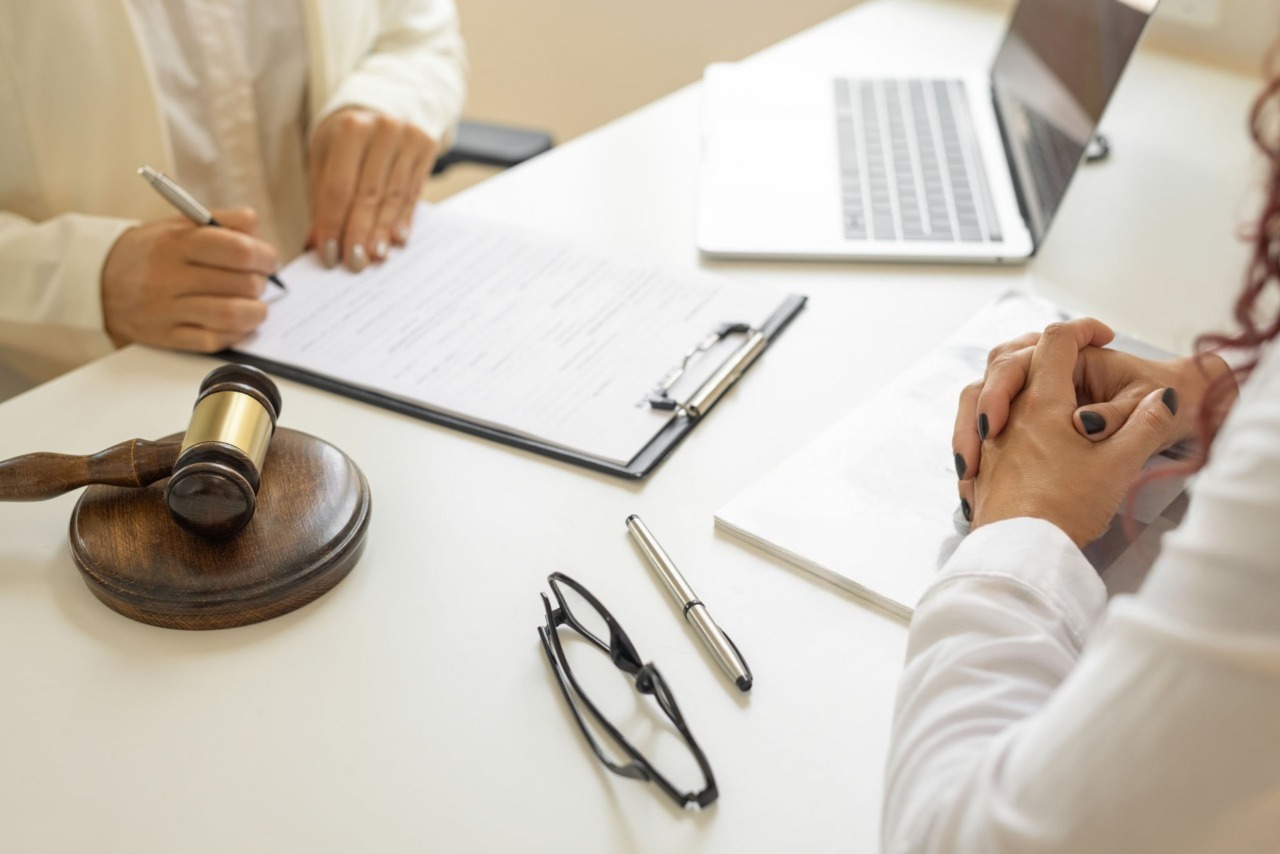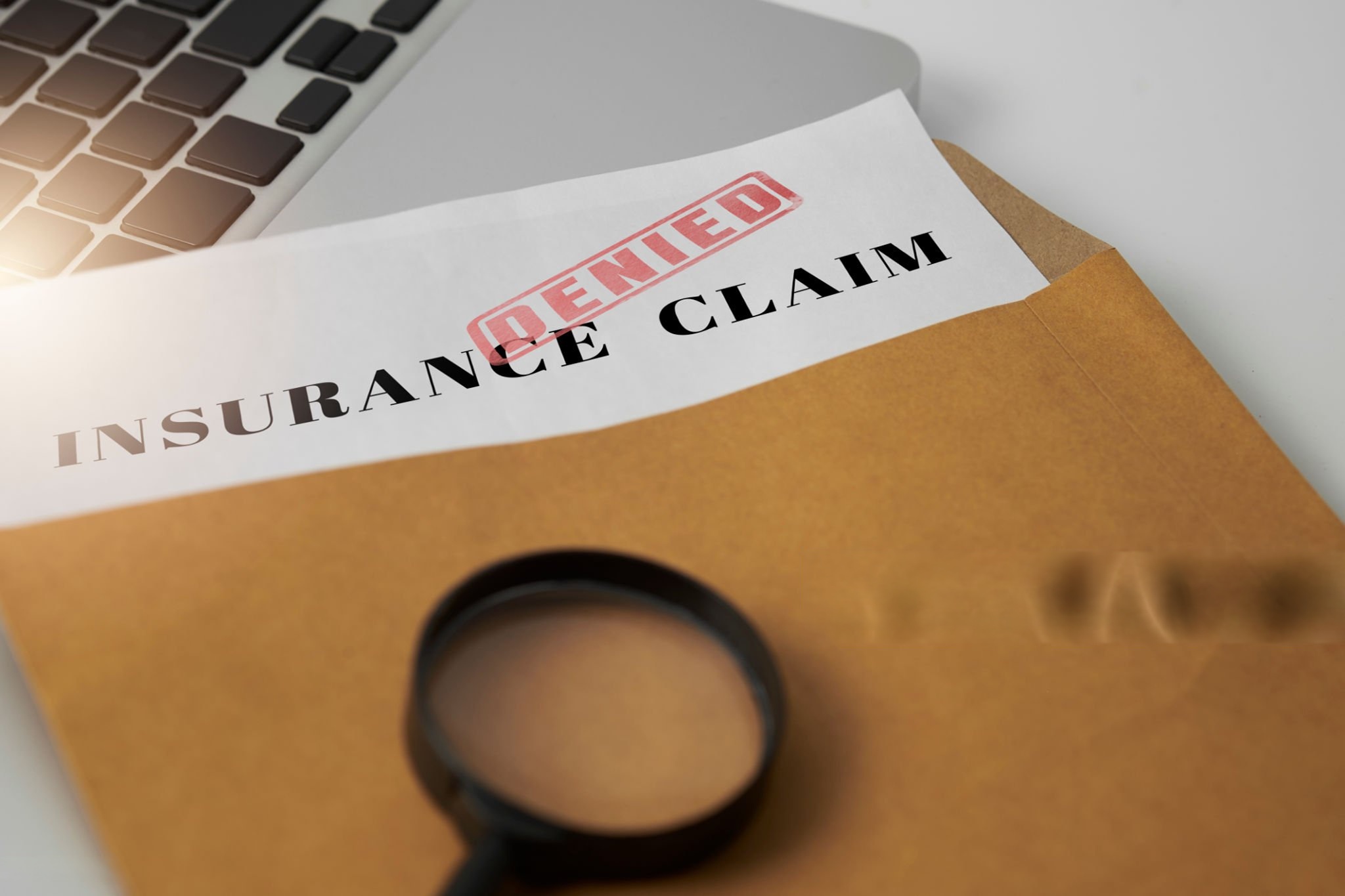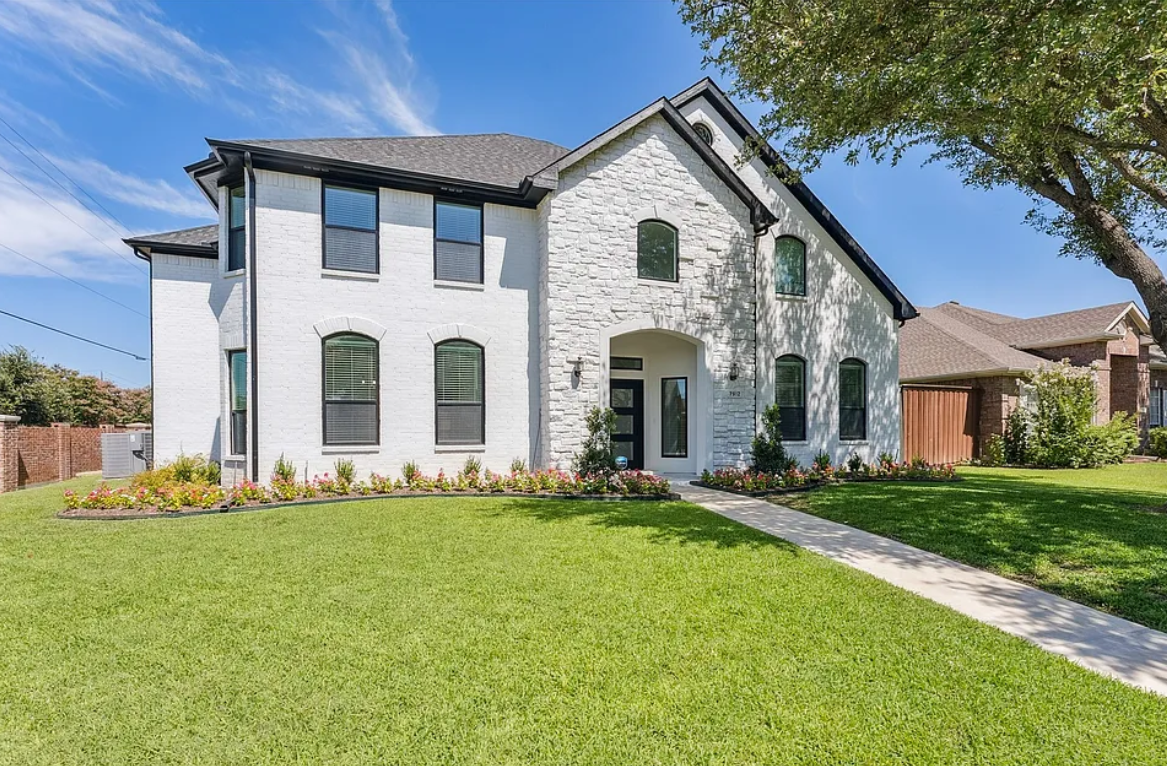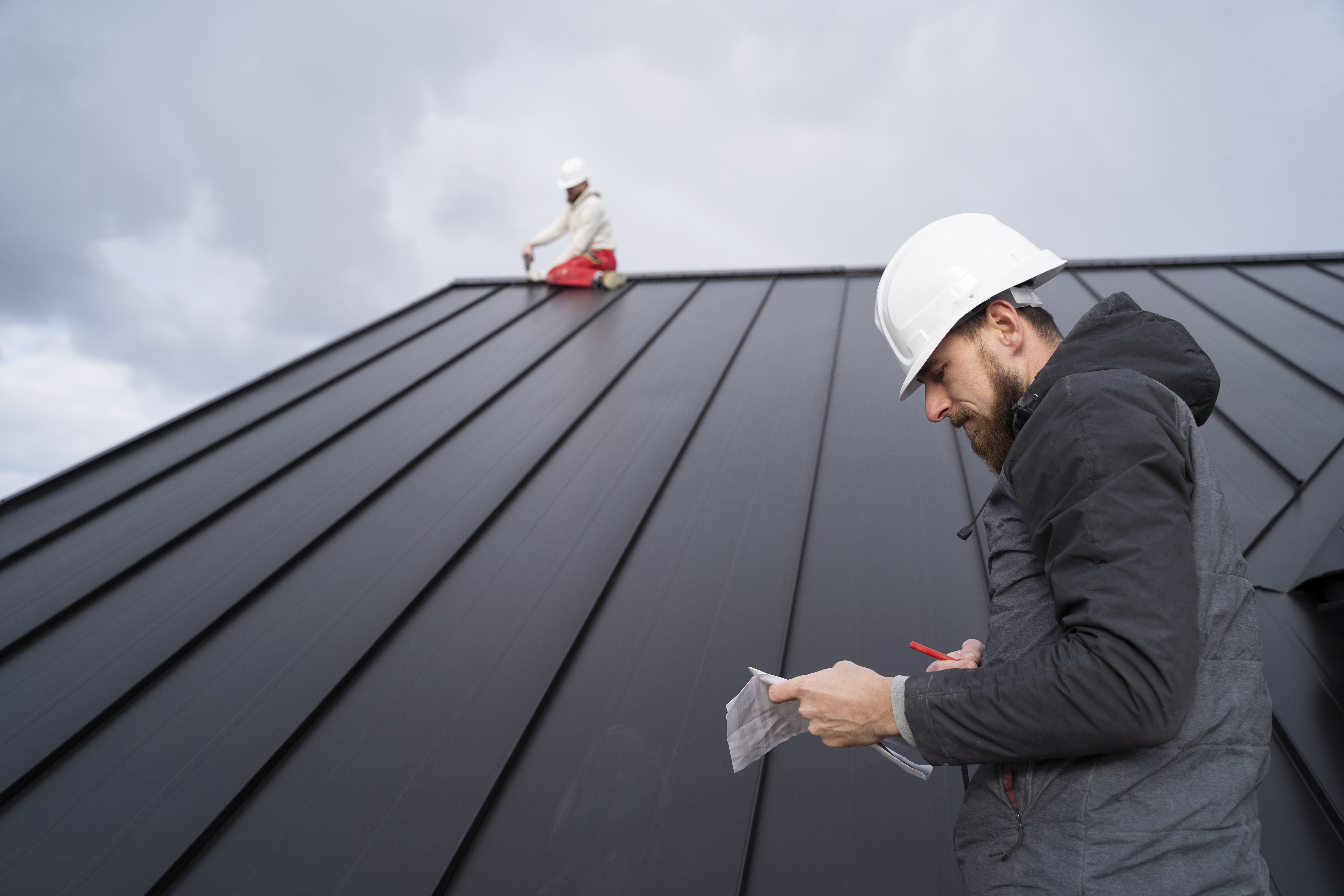Looking for a new home can be an exciting but challenging process — especially when it’s your dream home but with serious visible issues like a bad roof. A frequently asked question by home buyers is if a lender will approve a mortgage on a home that does not have a new or well-maintained roof. The answer actually depends on your particular lender, the condition of the roof, and how you’ll approach the negotiation.
If you are purchasing a property with a roof in need of replacement, dive deeper into this blog to understand what you need to consider for financing the purchase.
Why a Roof Is Expected of Borrowers by Mortgage Lenders
Your roof is something that is very important when you own a home. It provides maximum protection to the entire home against elements such as mold, mildew, bad odor, and expensive structural damage! The condition of the roof is directly connected to the home’s overall value and insurability.
If a roof is noticeably in bad condition, or it is near the end of its life expectancy, lenders may not lend on the property unless the roof is repaired or replaced. That’s because a compromised roof is a hazard — not just to the long-term value of the property, but to the lender’s investment.
Can You Get a Mortgage on a House with a Bad Roof?
You can get a mortgage on a home with a bad roof — but there are a few conditions and challenges to be aware of:
- The mortgage approval could hinge on how bad those roof problems are.
- Some lenders may require whether the roof must be fixed or replaced prior to closing.
- Your financing choices may be bound to certain loan types, such as renovation loans.
- The type of loan plays a significant role in whether or not the property will be eligible.
Also Read: Can I get a mortgage on a house that needs a new roof?
Buying a Home That Needs a New Roof: What to Expect
Before pulling the trigger on that home with a roof that’ll require replacing, there are several points buyers should take into consideration:
1. Get a Home Inspection and Roof Evaluation
The roof is generally part of the overall home inspection, but if it appears to be in particularly bad shape, then you’ll want to contract with a roofing outfit to perform a more specific roof inspection and give you an estimate.
2. Understand the Repair Costs
Rebuilding roofs can cost anywhere from $5,000 to over $20,000, depending on size and material. Being aware of this cost upfront can help you negotiate with the seller or decide whether or not to continue.
3. Negotiate with the Seller
If the roof needs to be replaced, there are various alternatives:
- Request the seller to replace the roof prior to closing.
- Try negotiating for a credit or price reduction to cover part of the cost.
- You could also use a renovation loan that allows you to finance the replacement of the roof.
FHA Loan Roof Requirements: Everything You Need to Know
If you’re applying for an FHA loan, the condition of the roof becomes even more important. The FHA sets minimum property standards to ensure homes are safe and secure.
FHA Guidelines for Roofs:
- The roof should be leak-free.
- It should have at least two years of life remaining.
- The condition of the roof (decking, flashing, etc.) must be sound.
- Missing shingles, water damage, or sagging is out of the question.
If an FHA appraiser determines the roof does not meet these standards, the issue has to be fixed before closing the loan. That usually requires the seller to make repairs or the buyer to utilize a loan program that allows for post-closing renovations, such as the F.H.A. 203(k) loan.
What Types of Loans are Available for Homes with Roof Issues?
1. FHA 203(k) Rehab Loan
The FHA 203(k) loan is intended for homes that are in need of significant repairs, such as a roof replacement. It permits buyers to borrow the purchase price as well as renovation costs. This loan is perfect for a home that you want to purchase but it needs major work.
Pros:
- Lower down payment (3.5%)
- Rolls repair into the loan
- Available to a lot of first-time buyers
Cons:
- Requires more paperwork
- Takes longer to close
- Must use approved contractors
2. Conventional Loans
On a conventional loan, particularly, the lender has a little bit of wiggle room, but the appraiser is still going to call major defects like a falling roof. You may sometimes be approved if the roof isn’t currently leaking or compromising the structural integrity of your home.
Some lenders provide a HomeStyle Renovation Loan that is similar to an FHA 203(k) loan. These may also include funds for roof repairs.
3. VA and USDA Loans
VA loans (for veterans) or USDA loans (for homes in rural areas) also require the home to meet certain history of property standards. A damaged roof is probably going to need replacing before closing.
What About Insurance?
Homeowner insurance is mandatory for most mortgage loans, and insurers don’t prefer bad roofs, either. A roof in a bad shape could lead to:
- Higher insurance premiums
- Coverage limitations (in particular for water, wind, and more)
- Denial of coverage
In some cases, insurance companies may issue a policy but on the condition that the roof be repaired within a certain period of time.
Key Takeaways for Buyers
If you are thinking of purchasing a home with a bad roof, here’s what to consider:
- Receive a thorough repair estimate for the roof prior to closing.
- Let your lender know early about your financing options, particularly if you’re using an FHA, VA, or USDA loan.
- Negotiate with the seller to pay for roof replacement, or obtain a credit.
- Consider renovation loans if the repairs will not be completed before closing.
- Evaluate insurance requirements so you can obtain coverage.
Trust 911 Exteriors Roofing and Construction for Roof Repairs
Are you planning to buy a home with roof issues? 911 Exteriors Roofing and Construction is a trusted contractor to rely on for effective roofing solutions. Our team can also guide you through the process if you are planning to buy a property with existing roofing issues. Book a consultation with us today.

